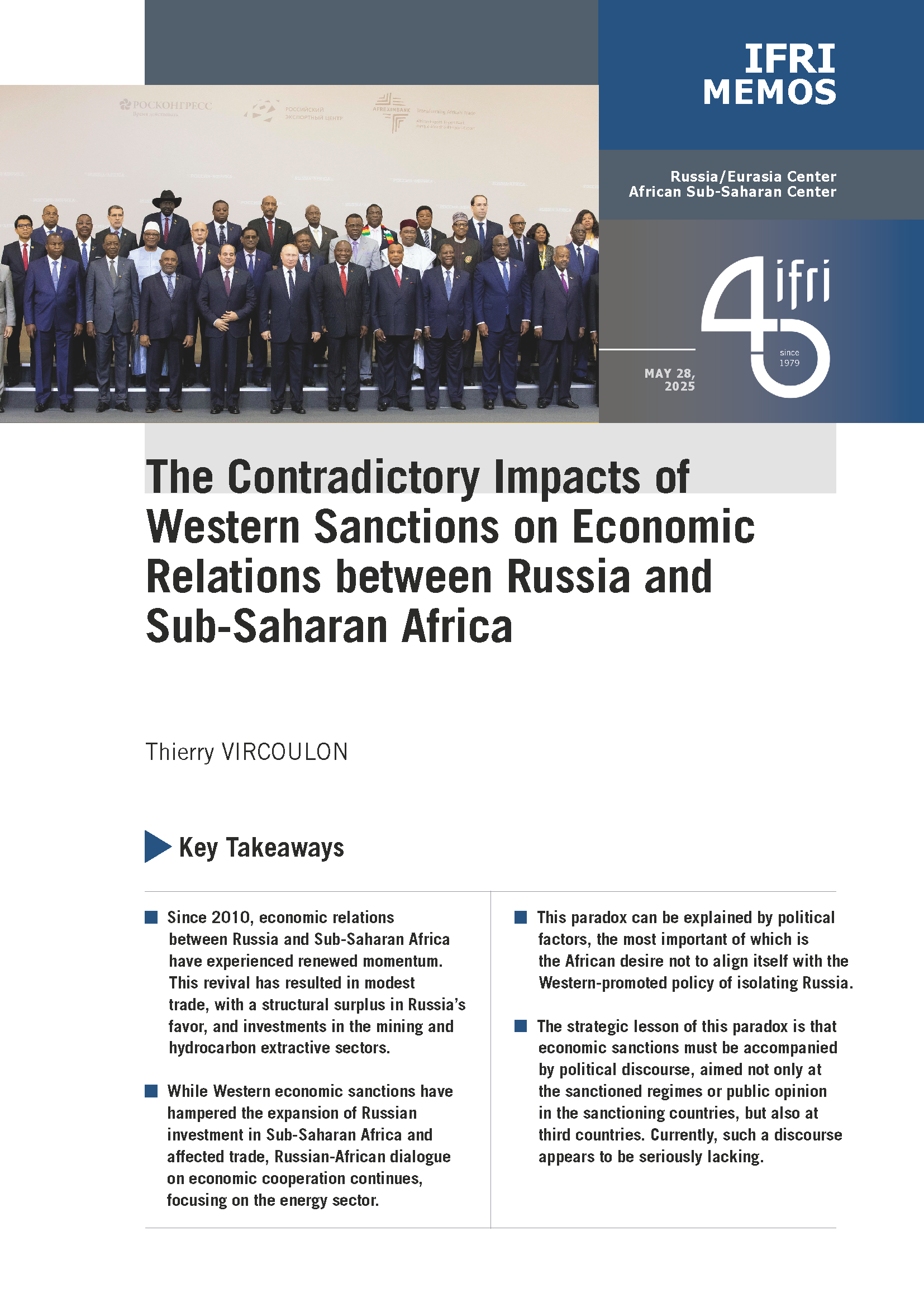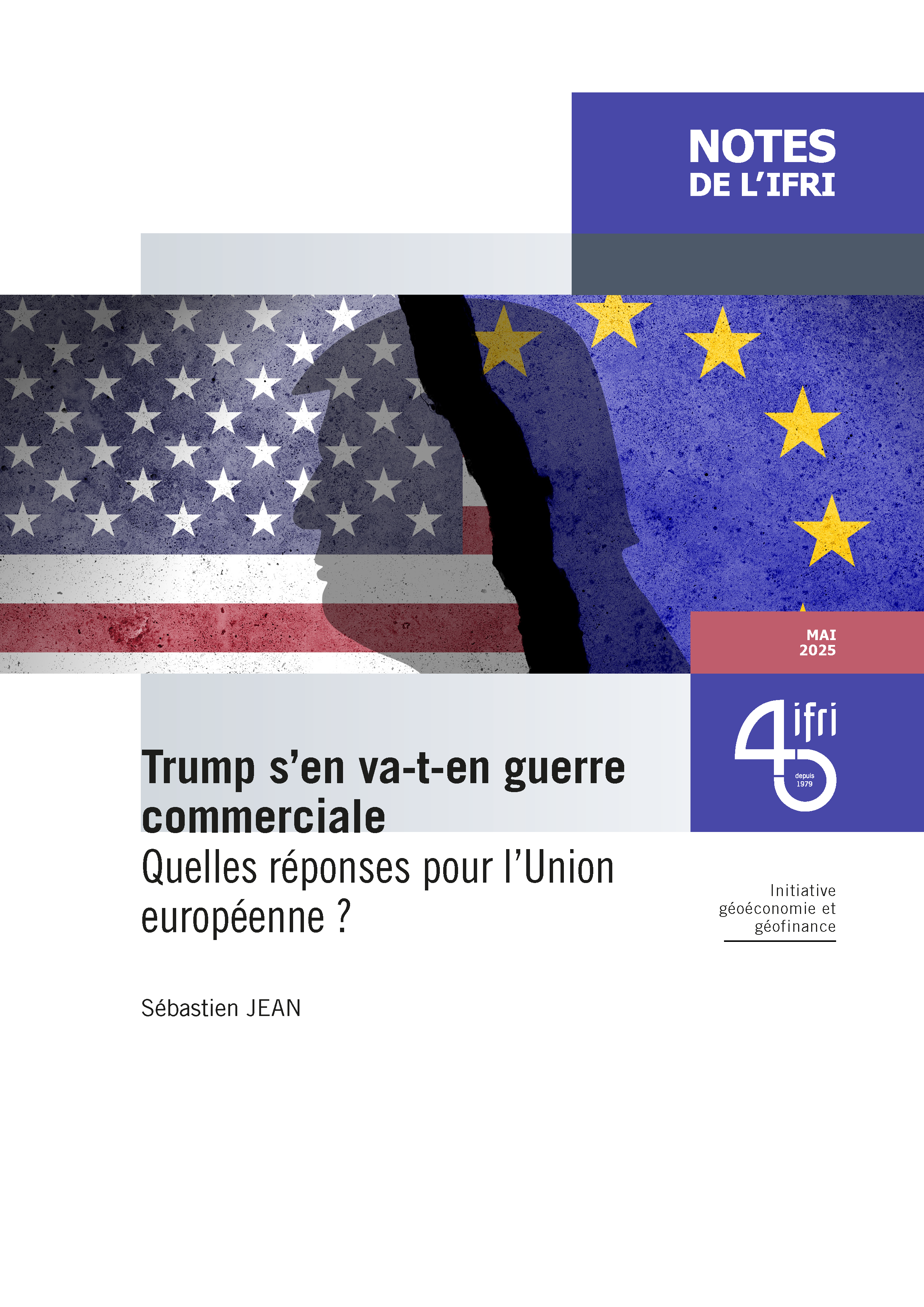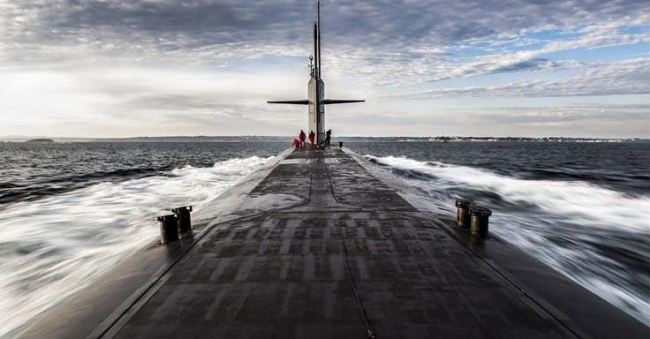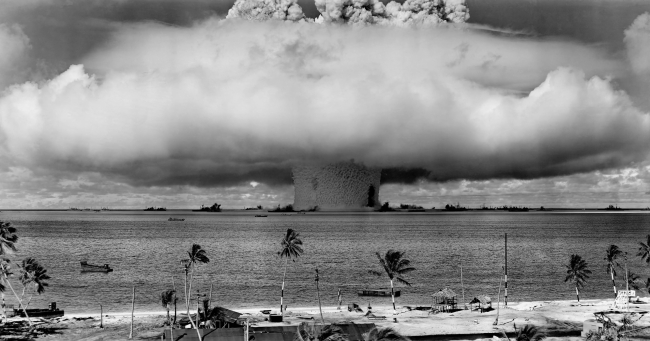Cross-Domain Coercion: The Current Russian Art of Strategy

This paper traces the evolution of Russian views on the art of coercion, and on the role of nuclear weapons in it, from the post-Cold War “regional nuclear deterrence” thinking to the current “Gerasimov Doctrine”.
Often labeled as “hybrid warfare”, this “New Generation War” is waged across several domains (nuclear, conventional, informational, etc.) as a response to a perceived Western threat directed against Russia. Cross-domain coercion operates under the aegis of the Russian nuclear arsenal and aims to manipulate the adversary’s perception, to maneuver its decision-making process, and to influence its strategic behavior while minimizing, compared to the industrial warfare era, the scale of kinetic force use. Current Russian operational art thus involves a nuclear dimension that can only be understood in the context of a holistic coercion campaign, an integrated whole in which non-nuclear, informational, and nuclear capabilities can be used in the pursuit of deterrence and compellence.

Available in:
Regions and themes
ISBN / ISSN
Share
Download the full analysis
This page contains only a summary of our work. If you would like to have access to all the information from our research on the subject, you can download the full version in PDF format.
Cross-Domain Coercion: The Current Russian Art of Strategy
Related centers and programs
Discover our other research centers and programsFind out more
Discover all our analysesThe Hunt for Economic Security: The Role of Navies in Deterring Threats to the Maritime Economy
The maritime domain is currently faced with a wide variety of threats, such as climate change, economic warfare, shadow fleet operations, protection of critical infrastructures, and illicit activities ranging from illegal fishing to piracy. Navies suffer from inherent limitations when deterring threats to the global maritime economy: their global presence and permanence limits their credibility in terms of deterrence, their focus usually set on immediate deterrence, implementing deterrence by punishment in and from the naval domain is difficult and costly.
A Fragile Consensus? The Pressure on the Norm Against Nuclear Testing
Apart from North Korea, no state has conducted explosive nuclear tests in the 21st century, reflecting the emergence of a strong international norm against such testing.
The Franco-German Brigade and the Revival of European Defense
One thing has been clear since Donald Trump's return to the White House: the very existence of the European unification project is threatened. Unless it develops a sovereign defense policy to counter the war in Ukraine and the weakening of American security guarantees, the European Union will continue to see its internal cohesion and external attractiveness wane.
Taking the Pulse: Can Europeans Build Their Independent Extended Nuclear Deterrent?
Confronted with a U.S. disengagement and the Russian threat, Europeans are reconsidering their stance on nuclear deterrence. Given the capabilities of the French and British arsenals, can Europe develop an independent nuclear deterrent?










